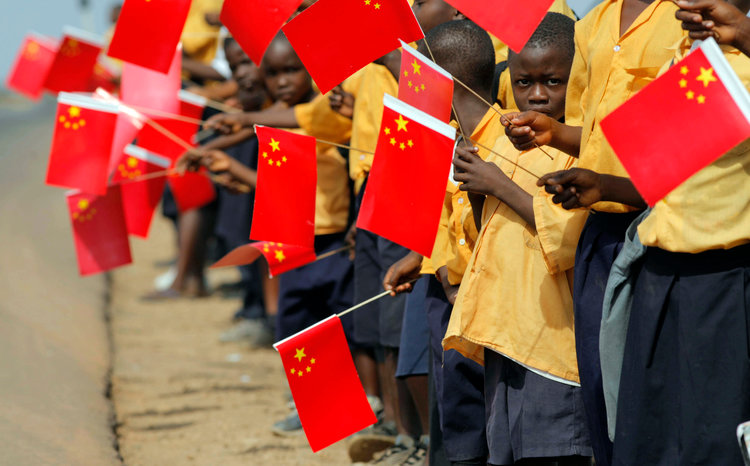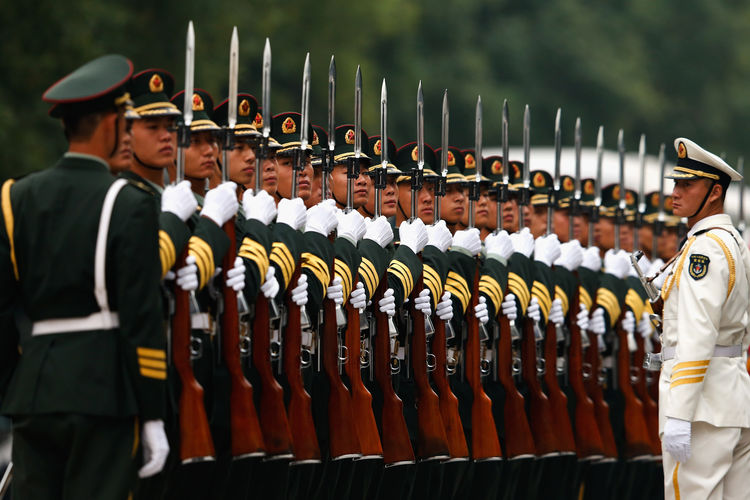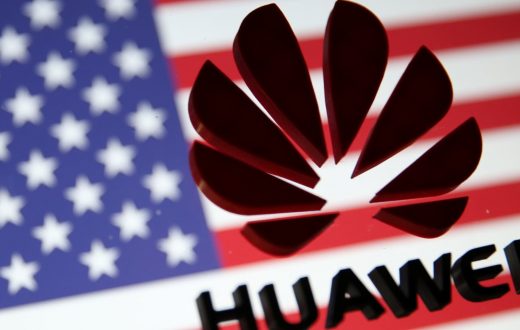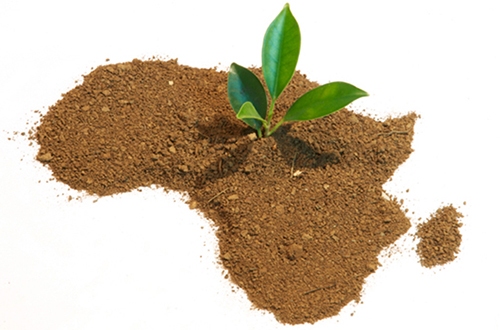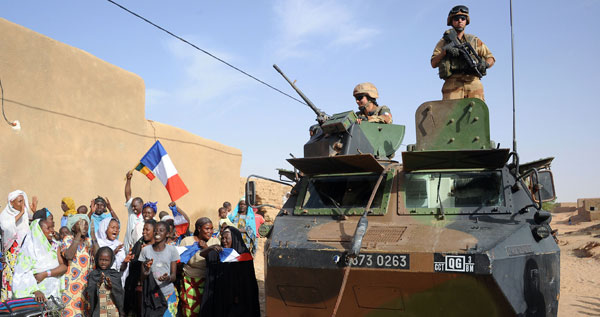On September 3rd 2018, China hosted the seventh Forum on China Africa Cooperation (FOCAC). 53 African states took part in the event, eSwatini (ex-Swaziland) being the only country missing. This connection with the African continent is the next step in China’s leader Xi Jinping ambitious programme named the New Silk Road.
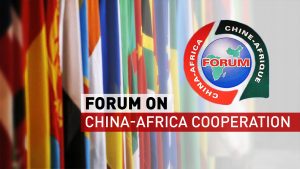
It implies the reinforcement of Chinese commercial connections with the rest of the world. Therefore the country has been massively investing in the development of industry and infrastructures in Africa for five years. African countries saw it as a true blessing and a great opportunity. But the soaring debt is more and more worrying for these countries that struggle to develop.
As an example Djibouti’s public debt rose from 50 percent to 85 percent of the Gross Domestic Product (GDP) in only two years. The hundreds of billions of dollars invested by China are suspected to be exclusively addressed to China’s own development, regardless any political or social improvements on the African soil. Once again, the FOCAC resulted in China’s commitment to invest $60 billion throughout the continent. Africa’s dependence on China is being more and more obvious.

The case of Zambia is the most serious of them all. After an encouraging start in the early 2000s the fall in copper prices in 2011 coincided with a serious economic decline for Zambia. Since then the country is going further into debt. However the current situation shows a deeper issue than the actual dependence of African countries on foreign investment. Zambia is also characterised by bad governance and high levels of corruption. Much of the money Zambia borrowed was either stolen or wasted in irrelevant measures. As Jean-Louis Billon, former Ivory Coast’s Minister of Trade affirms it, the problem is not about the debt itself but how to use it. The biggest challenge is to create a solid governance with an efficient tax system and more thorough public finance. Mr Billon’s main point is that China is too easily seen as the perfect scapegoat, while a lot of progress is still to be made in African politics themselves.
The paradoxical aspect of this Chinese business plan is that its main partners are the potential leaders of Africa. Leaders such as Muhammadu Buhari in Nigeria, Cyril Ramaphosa in South Africa, Alassane Ouattara in Ivory Coast or Denis Sassou-Nguesso in the Congo are privileged actors in Xi Jinping’s relations with Africa. While these countries are supposed to take the lead of African growth and pave the way to development of the continent, they remain under the heavy influence of Chinese investors. South Africa, which has recently entered into recession, is moving ever further away from its status of regional power. Some might say corruption and poverty issues are just too high for Africa to ever achieve its social and economic take off. But major countries like Nigeria or Botswana should stimulate their neighbours. Instead, the Moroccan BMCE Bank of Africa just signed a new partnership with the China Africa Business Council to help Chinese investors with their business strategies in the continent.
At the moment Mr Jinping himself is the only one who is fully satisfied by the New Road of Silk. On the one hand the International Monetary Fund (IMF) is trying to give warnings about the looming debt crisis in most of African states. Chinese investments are benefitting to the African development in the short term, but could be devastating in the future.
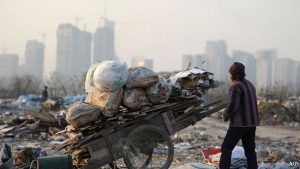
On the other hand public opinion in China does not support this external policy, far from it. Despite its tremendous efforts to economically rule over the world China is still facing major issues within its borders. Huge inequalities divide the country between the rural West side and the developed and urbanised East side. No less than 500 million inhabitants still lack a proper access to electricity, water and public services. Investing $60 billion can appear as a surprising measure as this amount represents more than the poorest Chinese provinces Tibet and Qinghai’s GDPs combined. Mr Jinping is focused on China’s influence around the world, but the public opinion does not care at all about it.
It is clear that China is not the only partner of the African countries. China’s investment only represents a share of their debt. But this share is rising and it could lead to serious issues of development in the future. In short Africa must find the way to say no to China. Chinese influence is not necessarily a bad thing for this continent. But the situation is slowly moving to a fierce Chinese imperialism over Africa. International cooperation will be beneficial as long as the African states keep their sovereignty safe and keep their interests in mind. Is is the only way to get to a win-win situation that is currently not likely to happen.

